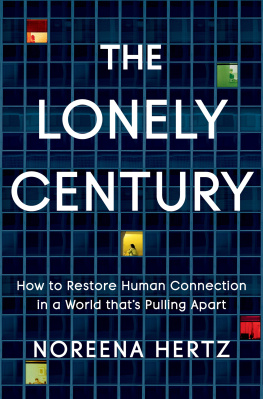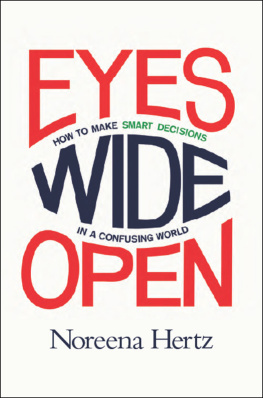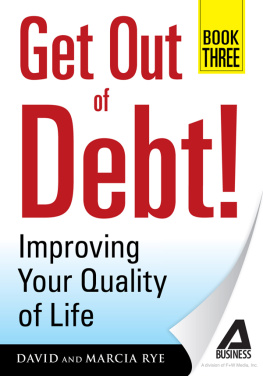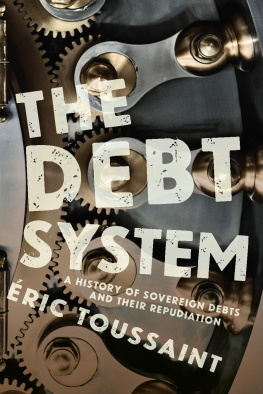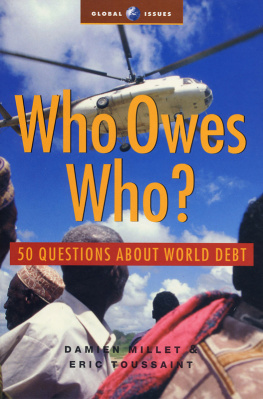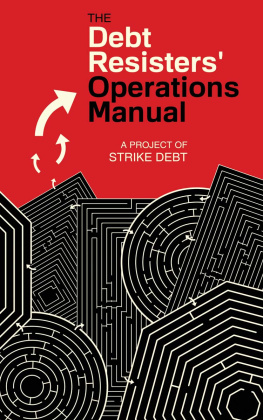Thank you so much.
There are many people who helped make this book happen. In particular I would like to thank:
Ed Victor, superagent extraordinaire, who has been a fantastic source of support and wisdom throughout; Marion Maneker, whose belief in me was integral to getting this project off the ground; Caroline Michel, whose care for me as an author has made the publication process so enjoyable; Mitzi Angel, whose commitment to the project is so appreciated; and Philippa Harrison, whose considered comments have been of such great help.
Bono and Bobby Shriver, for their selfless commitment to the debt cancellation cause, and the enthusiasm they have shown for my project right from the start.
Larry Summers, Jose Maria Figueres, Sheryl Sandberg, Stephanie Flanders, Sonny Callahan, Jamie Drummond, Karl Ziegler, Ann Pettifor, Gary Klesch, Paul Ladd, Ashok Sinha, Caitlin Zaloom, Martin Powell, Justin Forsyth, John Clark, Demba Moussa Dembele, Benjamin Mkapa, and Theogne Rudasingwa for sharing their insights and experience from the field.
Philip Gould, for setting me on this writing track all those years back now, and for being so supportive throughout. David Held for being the best intellectual sounding board I could have ever hoped for, and also for being a great friend. Len Blavatnik for his continued care and consideration. Christos Pitelis for being such a great colleague at CIBAM and Sandra Dawson for being such an inspiration herself.
Bruce Rich, Richard Segal, Reza Dana, Chris Stout, Saqib Qureshi, Christine Eberlein, Alex Wilks, Derek Yach, Tommy Helsby, Gerd Leopold, Igor Fuchsman, Mike Rowson, Robert Wade, Mary Kaldor, Ajit Singh, Jeffrey Sachs, Celia Szusterman, Martin Varsavsky, Mark Weisbrot, and Justin Alexander, for invaluable feedback on individual chapters.
Jan Pronk and Sir John Vereker for sparing the time to read through drafts of the entire manuscript, for their always extremely helpful comments, and for believing so firmly in what I have tried to do. And Peter Ntephe for not only being so smart but also so generous with his time.
The many researchers who helped me gather material for this book. Especially Peter Abbott, my first reader, Aaka Pande, Armida de la Garza, Sony Kapoor, Mark Sivarajah, Adam Quinn, and Sergey Radchenko. But also Monika Thakur, Rashmi Singh, Romilly Greenhill, Valerio Cerretano, David Palfrey, Daniel Nieto-Michel, Duncan Elliott, Gherardo Girardi, and Maria Volpe.
My friends, who once again amazed me in terms of how supportive they are. Especially James Brett, Daniel Levy, Dambisa Moyo, Tony Juniper, Emmanuel Quartey, Richard Symons, and Billy ODonnell. But also Mark Barrett, Francesca Joseph, Gina Bellman, Wendy Goldsmith, Stacy Meyrowitz, Kinky Friedman, Juliet Cassidy, Abby Turk, Joshua Ramo, Alex Cooke, Craig Cohon, Gary Baddley, Theo Phanos, Omar Salah, Nicolas Topiol, Diane McGrath, and Alexis Johansen.
Charles Pither, David Curtin, David Oakley, Julie Masonic, Shoshana Gellman, Pat Lilley, and Mira Lajanska, for being there for me throughout.
And finally my father, Jonathan, and sister, Arabel; I couldnt have done this without you.
And ye shall hallow the fiftieth year, and proclaim liberty throughout all the land unto all the inhabitants thereof: it shall be a jubilee unto you; and ye shall return every man unto his possession, and ye shall return every man unto his family.
Leviticus 25:10, as partially inscribed on the Liberty Bell
W hos the Elvis here? asked the rock star impatiently. The question reverberated through Leslie Gelbs book-filled office in the beaux arts brownstone that houses the Council on Foreign Relations. The exasperated tone came from a man accustomed to addressing stadiums filled with fans hanging on his every word and syllable, but it was far from an arrogant question.
Gelb had just finished his tutorial on the American power structure by laying out the great chain of influencefrom David Rockefeller to UN ambassador Richard Holbrooke to U.S. treasury secretary Robert Rubin to former chairman of the Fed Paul Volcker to a number of key Republicansthat led from Wall Street to Washington and back again. Which only served to remind Bono that he was aiming to play in a very different league. Paul McGuinness, U2s manager, had only just admonished him that it was one thing to lobby for the debt cancellation cause at music industry events but quite another to pilot the issue through the American political process. With those words still clearly ringing in his ears the star tried to find a shortcut toward his goal.
You know Ive got a day job? asked Bono, half jesting. It was entirely possible that the decidedly unhip Gelb, then president of the United States premier foreign policy think-tanka place that played host to many self-important investment bankers, foreign service officers, journalists, and academic wonks but no conventional celebritieshad no idea why the young man was important.
But Bonos attempt at humor cut him no slack; Gelb leaned across to him and repeated in rasping tones (he had lost his voice that day) that any one of the names hed just listed could basically stop this idea from getting off the ground. And if Bono truly wanted to get the United States to cancel all the debts owed to it by the worlds poorest countries, not to mention get the U.S. to provide funds to cover monies owed to the World Bank, the International Monetary Fund (IMF), and regional development banks, he would need the support of every one of these American dignitariesand that was just the beginning. Gelb broke the news that there was no single figure with enough clout to pull off such a complicatedand politically inertmaneuver. Developing-world debt was a diverse issue with many constituencies. For the U.S. government to orchestrate debt cancellation would require the kind of unanimity rarely seen in such a partisan climate. There is no Elvis, Gelb finally answered, and ushered the rock star firmly out the door.
Gelb had been right: there was no Elvis and there were no shortcuts. Eventually Paul Hewson, the Irish singer revered by millions as Bono, would travel back and forth across the Atlantic Ocean thirty times, painfully assembling a coalition from some of the worlds least sentimental politicians. After a year and a half of beseeching and cajoling, he arranged for a dozen prominent Democrats and Republicans in Congress and the Clinton administration to support a package that pledged to cancel all the debts owed the United States by the worlds thirty-three poorest nations, as well as cover part of what they owed the World Bank and IMF. It was the culmination of the firstand lastserious attempt by the ordinary people of the West to force politicians to address the painful legacy of Third World debt.
But what was it about the debt of developing countries that motivated Bono to go to so much effort? Arent all countries in debt? The United States certainly is. It owes $3 trillion, around ten times what Africa owes, but Bono wasnt campaigning to cancel that.
The difference is this. The United States may be the worlds most highly indebted nation, but it can afford to service its loans, for now at least. The worlds poorest countries, in Africa, Asia, and Latin America, cannotbecause to do so they have to pay an unacceptably high price, mainly at the expense of their poor or sick. Botswana, in which 40 percent of adults are now HIV-positive, pays more today on debt servicing than it can afford to pay on health care or provision. Niger, the country with the highest rate of child mortality in the world, continues to spend more on debt servicing than on public health. Countries that cant afford to provide basic health care, education, or shelter to their people have to use their pitiful resources, including, in many cases, all their aid flows, to repay debts typically racked up by authoritarian, unelected regimes long since gone. Children in Africa die every day because their governments are spending more on debt servicing than they are on health or education. The injustice of this situation made Bono mad.


